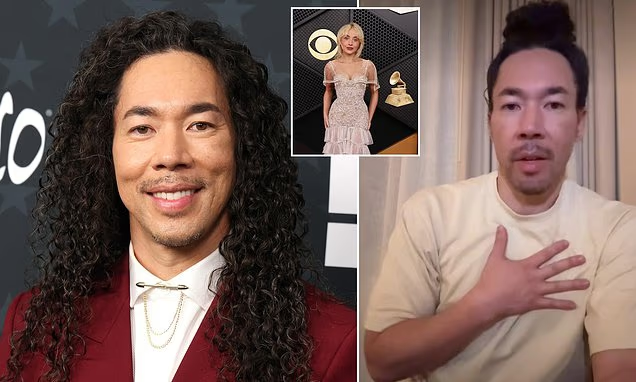Jenna Ortega Ditches Twitter After Being Bombarded With Wave of Filthy AI-Generated Images of Her on Elon Musk's Site
- Kris Avalon
- Aug 26, 2024
- 2 min read
Jenna Ortega has revealed that she quit using Twitter after coming across AI-generated sexually explicit images of herself as a teenager.
via: RadarOnline
The virtual assault on the actress, 21, which started when she was a teenager, has forced her to totally abandon social media.
During a recent episode of The Interview podcast, the Wednesday actress said: "I hate AI. Did I like being 14 and making a Twitter account because I was supposed to and seeing dirty edited content of me as a child? No. It's terrifying. It's corrupt. It's wrong."
The young actress claimed she opened her first DMs when she was just 12 and was exposed to "an unsolicited photo of a man's genitals", and told the hosts of the podcast, "That was just the beginning of what was to come."
Jenna says she'd get flooded with inappropriate images every time she tweeted, so she woke up one morning "and I thought, Oh, I don't need this anymore. So I dropped it."
Feeling overwhelmed, she made the difficult choice to distance herself from the social media platform formerly known as Twitter, stating: "I thought, Oh, I don't need this anymore. So I dropped it."
The Beetlejuice Beetlejuice star's situation is not an isolated one. The misuse of AI to create adult images has been a growing concern.
Earlier this year, another prominent figure, Taylor Swift, faced a similar situation, having to combat a deluge of inappropriate AI-generated content depicting her. Fortunately, she managed to remove the illicit content from the platform.
As RadarOnline.com previously reported, White House press secretary Karine Jean-Pierre addressed the unsettling incident and growing concern about deepfakes.
Pierre said during the press conference: "We are alarmed by the reports of the circulation of the … false images".
"While social media companies make their own independent decisions about content management, we believe they have an important role to play in enforcing their own rules to prevent the spread of misinformation and non-consensual, intimate imagery of real people", the press secretary continued.
"Sadly, though, too often we know that lax enforcement disproportionately impacts women and they also impact girls, sadly, who are the overwhelming targets of online harassment and also abuse."
Recently, Donald Trump reposted edited SFW AI images of Taylor on Truth Social, falsely implying her endorsement of his political campaign.
The image included the text: "Taylor wants you to vote for Donald Trump."
In response to the fake endorsement, Trump posted a carousel of (Swift) images, along with the comment: "I accept!"
These incidents highlight the potential for AI-generated content to be misused and misrepresented, raising ethical and privacy concerns for public figures.






Comments